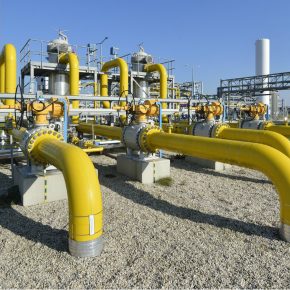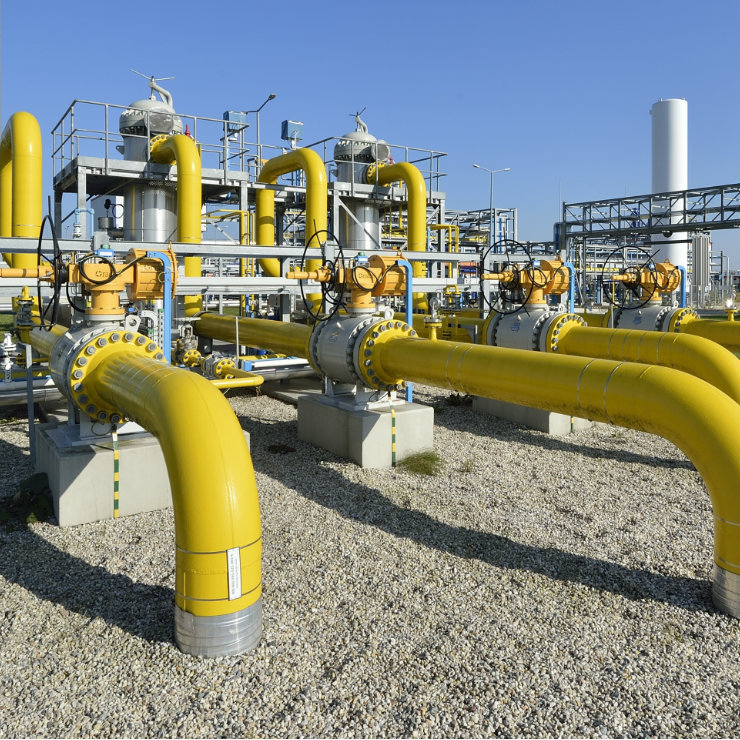German automotive industry at a crossroads
Category: Business

(PGNiG, Public domain)
In October 2017, the company signed framework agreements with the Ukrainian gas system operator Ukrtransgaz for gas storage and transmission pipeline capacities in Ukraine. This has opened new trade opportunities for PGNiG. According to Argus data, in Q3’17, PGNiG was the 9th biggest gas exporter to Ukraine and the biggest Polish gas exporter to the neighboring country. The company’s strategy includes further development of commercial activity on the European markets.
„These results are very satisfying. The sales of gas to the Ukrainian market is successful thanks to our proficient and flexible price policy,” commented Maciej Woźniak, Vice-President of PGNiG. „Our supplies are attractive, because they are not only competitive, but also reliable and secure, which is of a great importance to Ukraine. Portfolio of gas in our offer is well diversified: it comes from our domestic production in Poland and from various import directions. In the three quarters of 2017, 12 per cent of our total import came via the LNG terminal in Świnoujście, mainly from Qatar, Norway and the USA. We do not plan to import natural gas from Russia after 2022 – the expiration date of the current long-term contract with Gazprom. For PGNiG energy security is a priority and it means diversified supplies of gas from different geographical directions at competitive prices, while supplies from Gazprom do not fulfill these conditions,” Woźniak added.
PGNiG started delivering gas to Ukraine in August 2016 via a direct interconnector. „We are able to further strengthen our contribution to the Ukrainian diversification policy with increased gas exports,” Woźniak said. “Unfortunately, we have to wait for the expansion of the physical capacity of the Polish-Ukrainian interconnector. The existing cross-border capacity could be used for additional services like the virtual reverse flow. However, this option is being continuously blocked by Gazprom in the very same way it was blocked on the Ukrainian-Slovakian interconnector – through preventing access to respective shipper codes to Ukraine,” he added
According to Bloomberg European natural gas traders are poised to lose over USD1.2bn in sales to Ukraine, once the country’s state-owned gas firm, Naftogaz, resumes gas imports from Russia’s Gazprom under their long-term contract valid until 2019. Following the final award made by the Stockholm arbitration court, Naftogaz was ordered to resume purchases from Russia after a break of more than two years.
Kallanish Energy reported that the court decision resulted in a 27 per cent drop in the price of gas contracted, from USD485 per 1,000 cubic meters (cu m) to USD352/1,000 cu m.
Last year, Kiev imported roughly 14 bcm of gas from Europe through public tenders. Competition, which has been increasing in the past couple years, is now expected to intensify when Gazprom opens taps to Ukraine.
Other suppliers are considering opening local units in Ukraine to deal directly with customers in the country, such as Swiss-based Axpo Trading AG.



